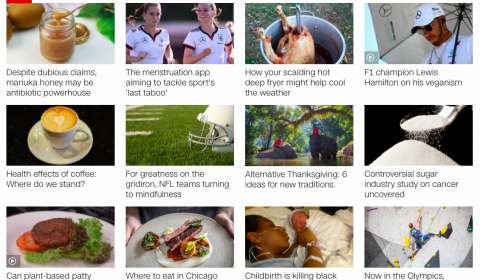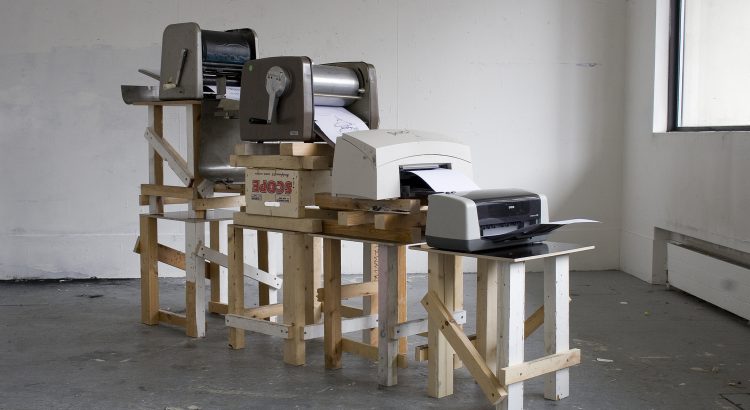Podcast: Play in new window | Download
Subscribe: Spotify | Email | TuneIn | RSS
Some decisions in life are simple (“Yes, I want cheese on that burger!”) and some are difficult (“Do I want to spend the rest of my life with this person?”).
On that spectrum, choosing a University graduate program sits closer to marriage than it does to your lunch options.
First, grad school takes a long time – usually 4-6 years – and it sets you rather firmly in a career path that can be challenging to change afterward. It’s a life-decision.
Second, once you choose, you’re committing to a series of events and impacts that will be out of your control. You don’t get a “do-over” when the lab you wanted to join moves away or a postdoc picks up the project you learned about during your interview.
Take a cohort of students at any research university in the country, and you’ll find some that graduate with three first-author papers in just four years. You’ll find others who never make it to the degree, either due to conflicts with their advisors, projects that don’t work out, or personal issues stemming from the stress of graduate studies.
So we know the stakes are high, but how, exactly, are you supposed to choose a PhD program?





